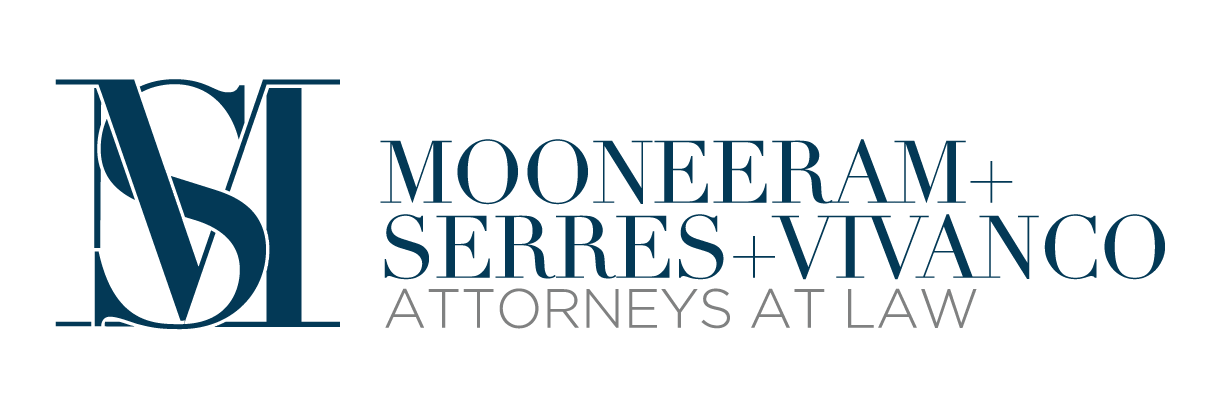Last year, Hurricane Irma struck the Atlantic Coast of Florida and blew across the state causing a massive amount of damage. When the winds quieted, Florida homeowners were left with dismantled homes and uncertainty on how to pay for repairs. The natural place to turn with cost concerns was to hurricane insurance policies, but many people weren’t informed how the claims process operated.
The confusion after Hurricane Irma is mostly behind Floridians, but there are more than thirty three thousands homeowners across the state waiting on insurance payouts or approvals – and the threat of future hurricanes lingers over Florida each season. If you are still uncertain how to file a Florida hurricane insurance claim, keep reading.
#1: Document Damage and Collect Evidence
To make a claim, every insurance company will require evidence of your home’s damage. This proof of the severity, extent, and type of damage needs to be objective and “more” certain than your eyewitness account. Rather, you need documentation of each and every problem.
Photos are a great form of evidence for an insurance company. Pictures can show multiple angles of the damage. Be certain to take photos that show the damage as a whole and then specifics of broken beams, leaks, flooding, and shifted flooring or foundation. The more you can document, the better for the expediency and approval of your insurance claim.
#2: Check Your Insurance Documents
It’s important to keep your insurance policy information close at hand. Store the documents in a safe, waterproof place and be certain to have electronic copies of all relevant documents. While the insurance company will have your information on file, you’ll want the comfort and confirmation of your own documents.
Moreover, your insurance documents will tell you the type and extent of coverage for hurricane damage. It is possible that the gravity of your losses is not fully covered by your policy, which was the case for many Floridians after the extensive damage from Hurricane Irma. In this instance, you may need to rely on a tax deduction or other sources of financial support.
#3: Contact Your Insurance Company Immediately
You may need proof of your hurricane insurance to access accounts, reach a claims adjuster, or to find the right phone numbers after a hurricane; and the sooner you contact your insurance company, the better. Damage from a hurricane can become more extensive and problematic over time. Mold, flooding, structural damage, or a damaged roof all worsen as time passes, making the first weeks after a Florida hurricane crucial.
#4: Proceed Cautiously with Advice from a Claims Adjuster
Unless you have a direct dispute over damage, the claims adjuster at your hurricane insurance company is likely to be friendly and courteous during your interactions. This friendliness should not be misconstrued for friendship. An insurance adjuster has very different goals and incentives than someone impacted by a Florida hurricane.
An adjuster’s advice and suggestions are geared towards clearing your claim quickly and for the least amount of money possible. While expediency is in your favor, there is frequently a discrepancy in the amount. You probably believe your policy is setup to cover more costs and repairs than the insurance company wants to pay. This is when a lawyer familiar with hurricane insurance claims can be extremely helpful.
#5: Seek the Support of a Florida Lawyer
Several law firms in the Miami, Aventura, and Broward areas provide advice and representation throughout the claims process following a hurricane. However, when your property is damaged and you need quick and effective approval of a claim, you need excellent legal counsel. This ensures the amount of recovery matches what is contractually agreed in your insurance policy and your other rights are respected during the process.
Mooneeram + Serres + Vivanco, P.A is one of South Florida’s top lam firms that specializes in property damage and personal injury law. To learn more about our hurricane damage advice and representation, contact our Aventura, Florida office at (305) 847-9030 or [email protected].
